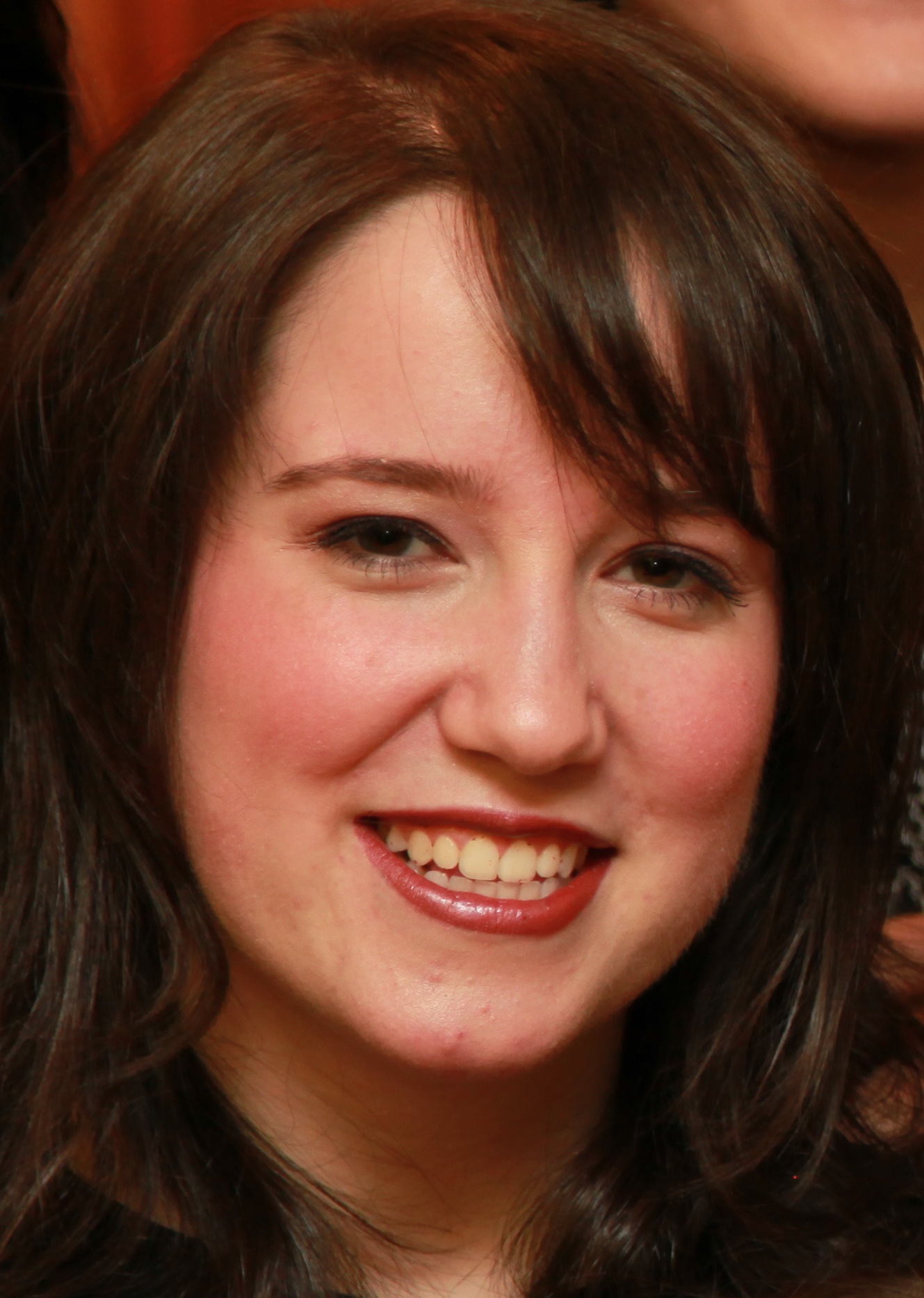Five Questions With… Biology/Computer Science Alum Aliza Rubenstein
Carving out a woman's role in the sciences

We often take for granted that glass ceilings have been shattered and gender opportunities in America have been rendered equal. But truth be told, certain scientific fields remain disproportionately populated by men. Some of this can be explained by innate psychology itself, although it’s also partly attributable to stubborn institutional bias and stereotypes.
Lander Arts & Sciences Biology and Computer Sciences grad (and 2012 class Valedictorian) Aliza Rubenstein, who’s currently pursuing a rare doctorate in Computational Biology and Molecular Biophysics at Rutgers, is the exception to any rule or explanation. And she herself has some theories as to why more women like her aren’t breaking ground in her hopeful line of work or established academic specialty.
The Richmond Hill, Queens native and current New Jersey resident spoke with us about not just gender politics, but the balancing act of interdisciplinary study and making the world a better place.
Touro: What do you think often holds women back from pursuing the work you’re doing?
Aliza Rubenstein: I think it’s a stereotype that’s perpetuated by people being scared to go into the field, because they perceive it as a men’s field. I don’t think it’s anybody’s fault. In my experience, people have been very inviting and accommodating. But I think the reality is people are kind of scared off, which I think is a pity.
Would scientific research benefit from more of a female perspective?
I do think there’s a difference in the assets that either gender brings to the table. In my experience, women often approach science with a greater amount of intuition, which can be very useful. Another major thing is that women really are less aggressive than men, which can make the field itself be less competitive. My opinion—I’d say it would be a good thing.
How do you stay focused with such intense dual concentrations in biology and computer science?
You can either have something that’s multi-disciplinary or interdisciplinary, and it’s very easy to get sidetracked and think that what I’m doing is multi-disciplinary. But that doesn’t really get you far. It really has to be a true interdisciplinary effort. It’s been a challenge for me to try very hard to take classes and do work that really integrates both of them to the best of my abilities. When you like two fields so much, it’s hard not to get sidetracked by one or the other and forget that the point is both of them together.
Is there an ideal scenario you have in mind for applying your doctorate after graduating?
Oh yeah. There are a tremendous number of applications in the field I’m in, in terms of research: pharmaceutical companies, biotech companies. And I’m considering very strongly just going into academia, where you get to work on whatever you want to spend your time on…. Probably the best application, the easiest for people to understand, would be something like drug design, where you’re trying to determine what you want to target. Let’s say, for example, an antibiotic—you want to try and determine what aspect of the bacteria you want to target and what the best way to target it is. And there are loads of computational ways to look at these things that are much more efficient and quicker than doing things in a lab. And also, obviously, less expensive.
Do you feel, in your own small way, you can change the world?
Oh, for sure. I think that was one of the big reasons I decided not to just go straight into computer science. I really had initially been considering going into the health sciences, and when I decided to switch to doing computer science, I was very hesitant, because I felt like it wasn’t altruistic, so to speak. But the great thing about my field is that the applications are endless. For example, currently I’m working on something that’s very academic, but possibly down the line can have implications on a cure for people with cystic fibrosis. It’s very far down the line, but it’s great to think I could be doing something that could really help people in the future.

